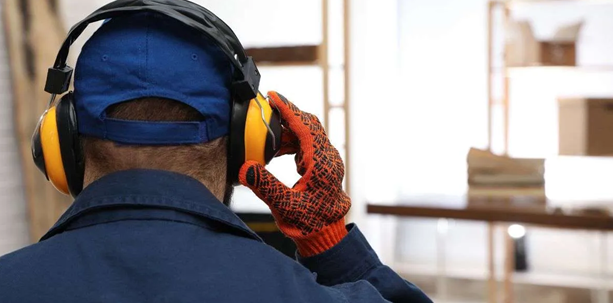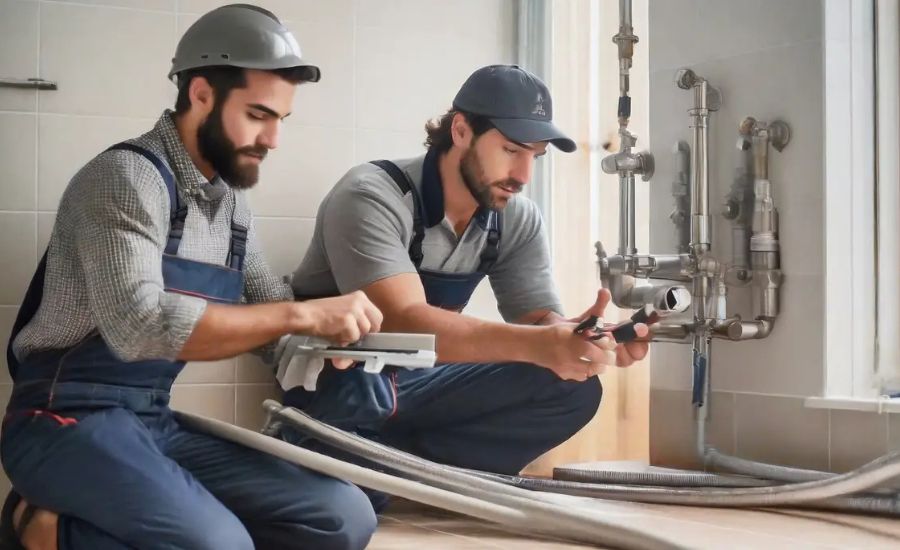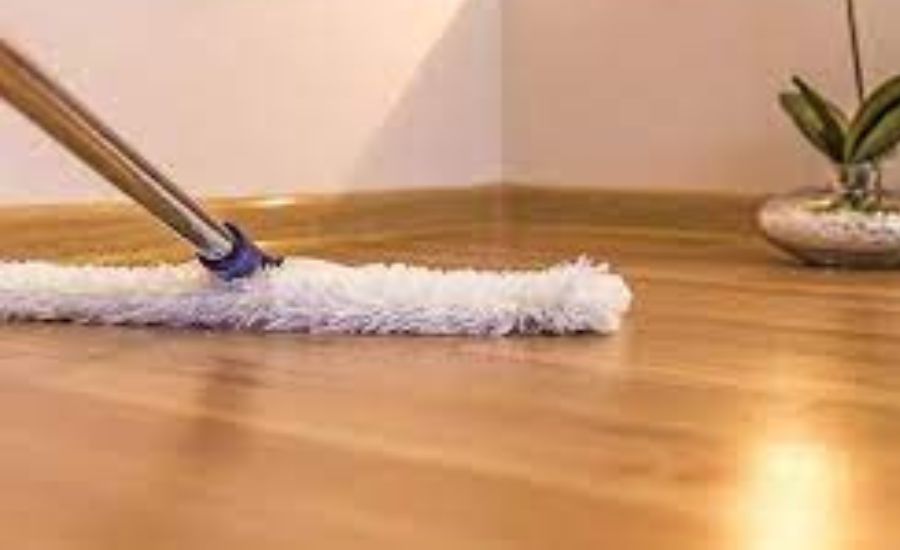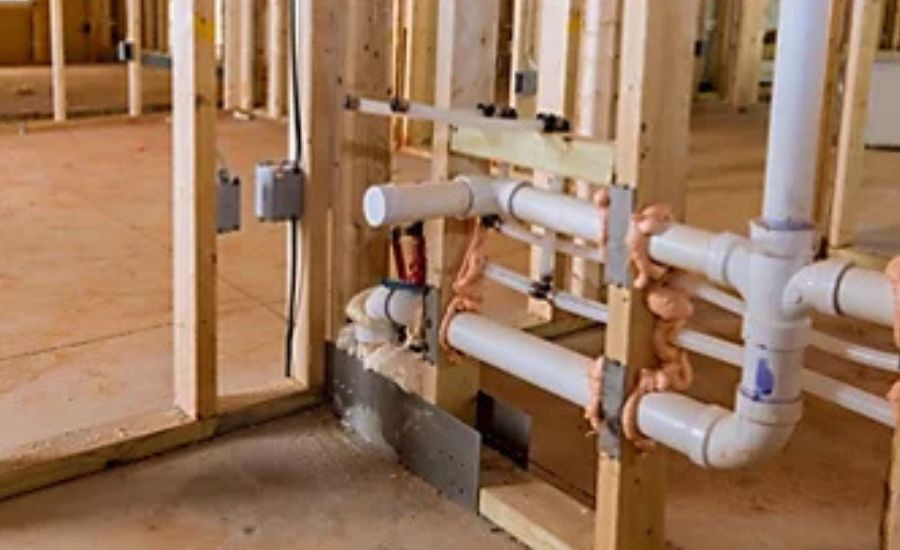Noise consultants play an important role in maintaining workplaces safe and compliant with regards to noise regulations. For many industries where loud machinery or equipment plays an integral part of everyday operations, managing workplace noise levels serves as a very relevant preventive measure against noise-related health risks such as hearing loss. Noise consultants provide professional input into understanding and mitigating risks and dangers caused by excessive noise to allow the smooth running of businesses within set occupational health and safety standards that prevent possible harm to their employees. This article looks at the roles and responsibilities that come with being a noise consultant, the services they offer, and how they benefit various businesses. To this end,
The Role of a Noise Consultant:
The noise consultant is professionally engaged in the study and determination of noise in different environments, especially those involving loud noise at work.
Their main engagements have been in hazard noise assessment and design, noise control measures, and compliance issues related to legislation such as the Work Health and Safety (WHS) Regulations 2011 that exist in Australia. Regulations require employers to protect workers against hazardous noise levels, with limits of legal exposure at an averaged 8-hour day loud noise of 85 decibels dB and peak noise events at 140 dB. Noise consultants pinpoint the possible areas of concern, take proper measurements with appropriate equipment, and recommend solutions to minimize the risk of hearing damage. Noise consultants provide services for various industries like construction, manufacturing, aviation, mining, and entertainment. Each of these industries differs in its aspects concerning noise exposure.
Why Do Businesses Need Noise Consultants?
Excessive noise in the workplace can pose serious consequences, from noise-induced hearing loss to reduced productivity and increased accidents due to impaired communication, even to legal penalties because of non-compliance with safety regulations. Organizations may attempt to deal internally with the risks related to noise; however, the employment of a noise consultant brings about another set of advantages, including:
Expert Knowledge and Tools
Noise consultants possess comprehensive knowledge in acoustics, noise control measures, and legal requirements related to workplace noise. They also have at their disposal special tools like sound level meters, noise dosimeters, and acoustic modeling software, with the aim of measuring noise exposure with much more precision. Such expertise is vital in uncovering risks that may not be readily apparent to the untrained eye or ear.
Businesses in Australia are bound by law to manage workplace noise with the effect of preventing hearing damage and meeting obligations under the Work Health Safety legislations. Noise consultants ensure that businesses meet this legal requirement and reduce exposure to possible and highly expensive fines and/or lawsuits. They provide detailed reports of noise levels, including specific recommendations for reaching compliance through engineering controls, administrative measures, and personal protective equipment. The consultants offer practical noise control solutions which are appropriate to the needs and financial constraints of the organization.
Every workplace is unique. Noise consultants will design solutions that meet the challenges presented in that particular environment; this may mean quieter machinery, appropriate techniques of soundproofing, redesigning workflows to minimize exposure, and developing a comprehensive hearing conservation program. Localized ingenuity means their tailored approach will ensure business investments in the most effective strategies to minimize noise exposure.
Ongoing Monitoring and Support
The nature of noise risks is also dynamic in that they may change over time due to the inclusion of newer equipment or aging machinery. Noise consultants may offer ongoing monitoring services that may ensure that noise levels remain within specified limits. The training provided to the workers regarding the proper use of their hearing protection and in the identification of noise hazards enables the business to maintain a culture of safety.
Key Services Provided by Noise Consultants:
Noise consultants offer a variety of services with the aim of providing the best possible noise risk management. Services offered include, but are not limited to:
1. Noise Level Assessment
Assessment of the level of noise is the first step in managing the risk of noise. Noise consultants measure the intensity of sound in all areas of the workplace by using certain equipment such as sound level meters and dosimeters. Assessment includes average noise levels over an 8-hour period, and peak noise events during operations.
2. Noise Mapping
Noise mapping presents a graphical representation of the levels of noise within either a facility or a worksite. This will enable the business to trace points where the noise exposure level is highest, or “hot spots,” and will help in prioritizing efforts toward noise abatement. Noise consultants create noise mapping through the use of advanced acoustic modeling software that shows a clear picture of the noise landscape.
3. Design and Implementation of Noise Control Measures
Noise consultants recommend and design control measures based on the results from noise assessments and mappings to reduce the exposure to noise. The measures can be in the form of:
Engineering controls: modification or substitution of equipment with quieter units, installation of soundproofing material, or physical barriers between the noisy machinery and the workers.
Administrative controls: Rotating workers between noisy and quieter areas, scheduling noisy tasks during shifts when fewer people are present or limiting the amount of time workers spend in high-noise areas.
PPE: Recommending and supplying appropriate hearing protection-e.g., earplugs or earmuffs-for workers in noisy environments.
4. Hearing Conservation Programs
Noise consultants assist in the preparation of a hearing conservation program for one’s workplace in those instances when satisfactory control of noise levels cannot be achieved. A typical program includes periodic audiometric testing to check the status of the personnel’s hearing, training in the proper use of PPE, and identification of the signs and symptoms of hearing damage.
5. Regulatory Compliance Audits
Noise consultants can provide compliance audits that ensure enterprise compliance with legal obligations under the Work Health and Safety Regulations. This will involve reviews of the existing control measures related to noise, follow-up on gaps in compliance, and provision of recommendations with a detailed plan for improvement. Businesses that continue to have regular audits will be further protected from penalties and protection for their workforce against noise-related harm.
Good Practice When Commissioning Services Provided by Noise Consultants
The best value from noise consultants will come when businesses in the manufacturing industry follow a number of key practices, including the following.
1. Engage Early: It is best to engage a noise consultant early, especially in setting up new facilities, introducing new equipment, or modification of existing processes. Early involvement allows consultants to address potential noise issues before they become serious hazards.
2. Appoint a Noise Consultant: The noise consultant must be certified, experienced in management related to workplace noise. In Australia, one such certification by the Australian Institute of Occupational Hygienists (AIOH) or relevant State authorities will guarantee necessary qualifications and expertise.
3. Involve Employees: Since employees are usually the first to know about noise issues at a workplace, involving them in the process of assessment and considering their feedback can be very effective in order to arrive at more efficient noise control strategies.
4. Monitor and Update Regularly: Noise control is a continuous process. Monitoring and updating the control measures regularly make the working environment safe as time progresses and conditions change.
Conclusion
Noise consultants form an important business partnership, enabling the industry to safeguard its employees from the dangerous effects of excessive noise and regulatory standards.It offers professional assessments, customized solutions for noise control, and continuing support in helping businesses create a safer, healthier, and even more productive work environment. Second, early involvement of a noise consultant and proactive approach to noise management prevent long-term health risks and their associated legal liabilities for employers and employees alike.
Read next: outlookblogs





